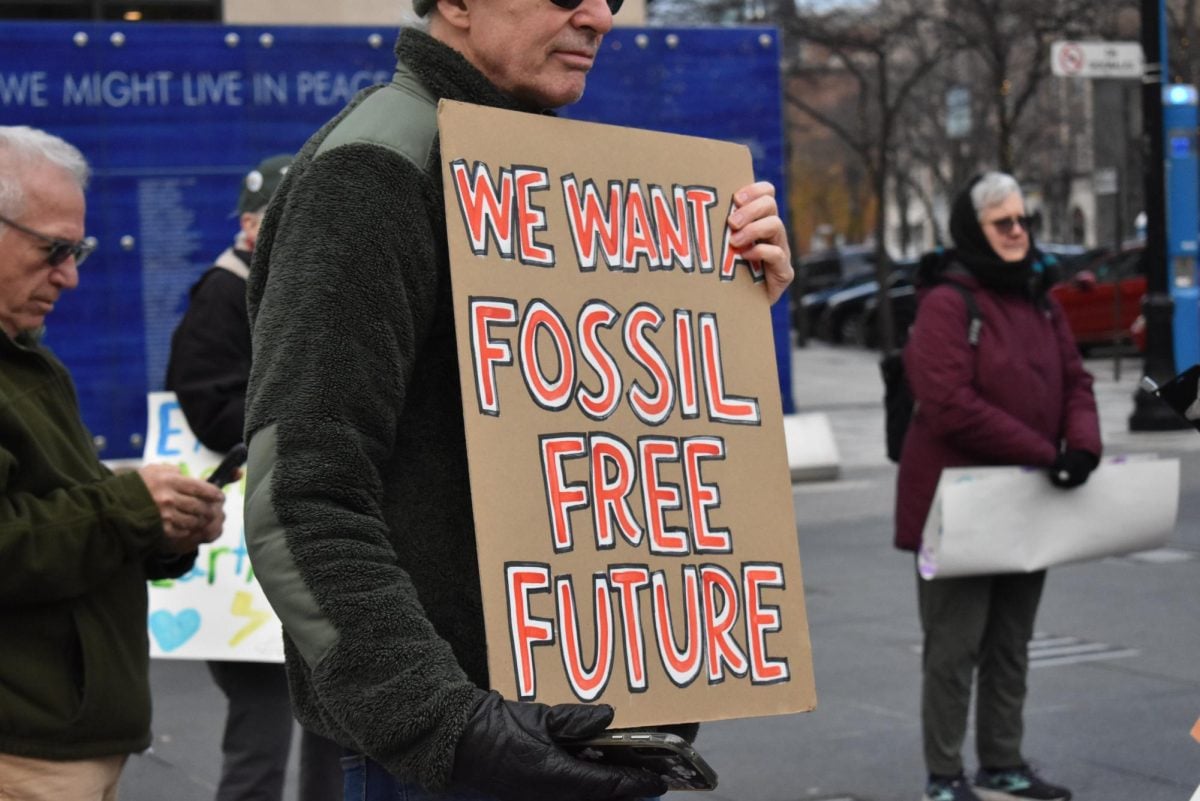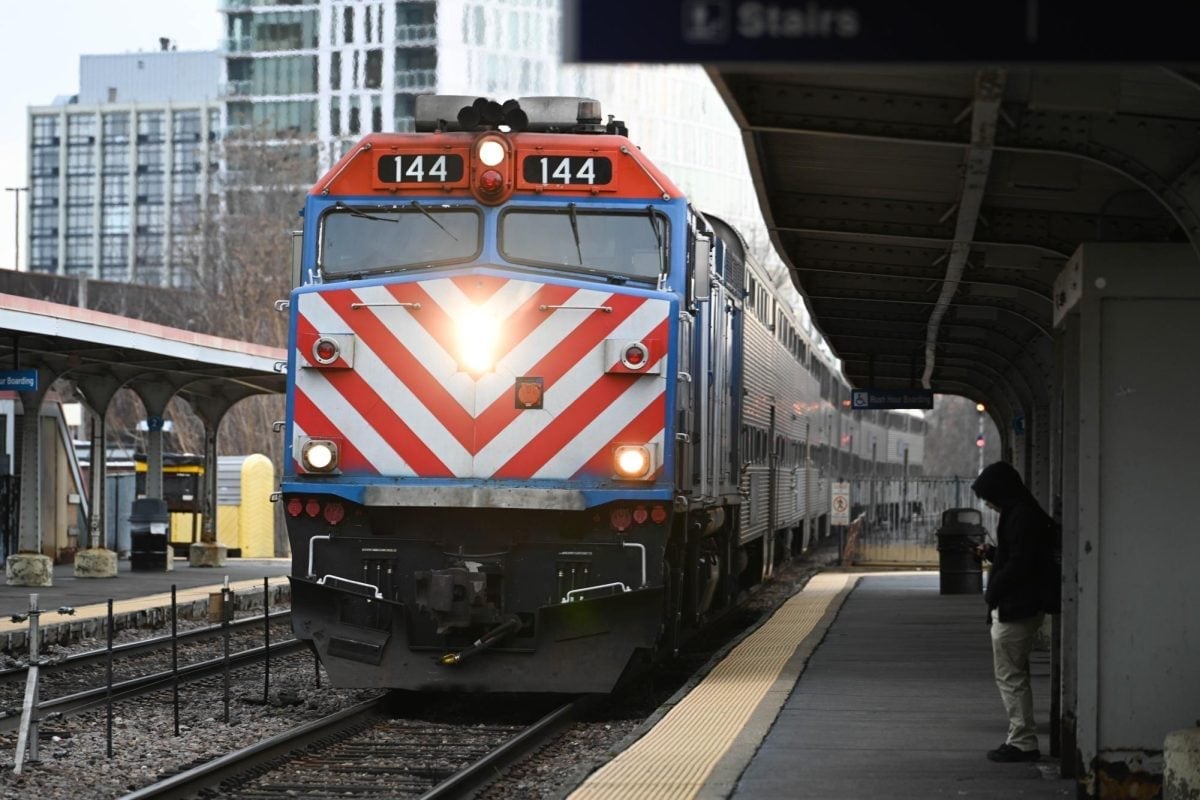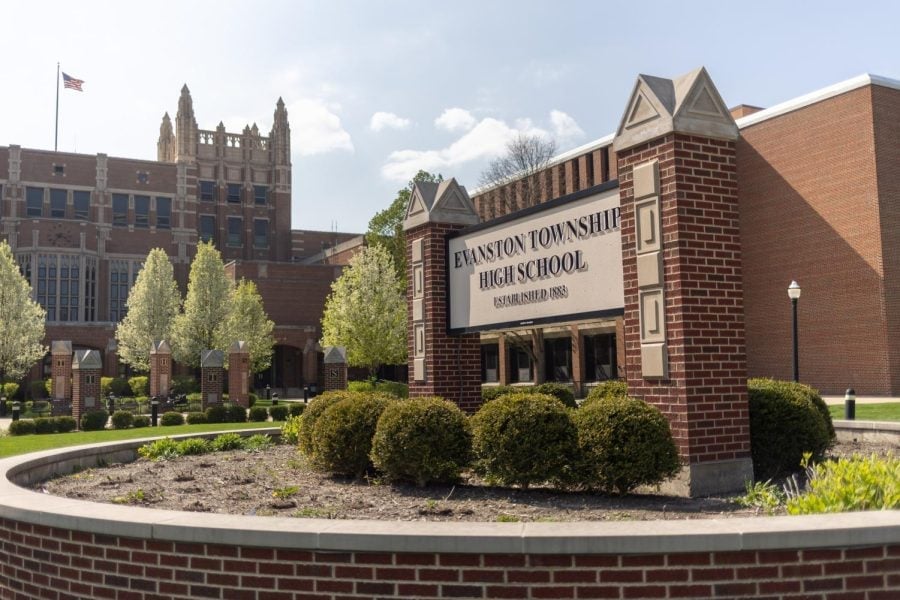Natural gas may soon disappear from households in Evanston, city officials said at a Wednesday night town hall. The city hopes to phase out natural gas systems in new construction projects ― promoting cleaner, all-electric utilities instead.
As of 2021, Evanston reduced greenhouse gas emissions by 38%. The city hopes to reach a 100% reduction in emissions by the year 2050. To help reach this goal, the city will soon introduce an ordinance to phase out natural gas. Tuesday’s meeting at the Civic Center was held to collect feedback from residents and other stakeholders about the ordinance.
“We have to stop burning fossil fuels,” Mayor Daniel Biss said during the town hall. “Doing that is going to involve changing a lot of habits, a lot of systems, a lot of infrastructures, a lot of stuff that we’re just really, really used to.”
Sustainability and Resilience Manager Cara Pratt said the city is currently in the process of making “the best legislation possible” to present to city council.
If Evanston accomplishes their objectives, it would become the second city in the Midwest to enact such legislation. Oak Park, the first city in the region to do so, will have their electrification ordinance go into effect in January. Some local projects are currently considering all-electric buildings ― like the Evanston Animal Shelter, the new 5th Ward School and other residential properties.
However, participants in the town hall voiced a number of concerns about the potential legislation, primarily boiling down to cost and efficacy.
Evanston resident and landlord Tina Paden said she worries that the legislation, which currently targets new construction, will eventually be applied to existing property. She said she believes it would increase her operating expenses for her affordable housing units.
“That becomes a burden on myself,” Paden said. “Because then I’m gonna have to increase rents if I’m going to have to put in electric there.”
She said the city could alleviate this burden by providing financial support to landlords either through discounted energy costs or installing electric energy systems in units.
Doreé Stein is another longtime Evanston resident who worries about the implications of this ordinance, describing it as a “social justice issue.” She said imposing all-electric buildings might put pressure on low-income residents due to rising costs.
“Maybe eventually those costs will come down, but when a lot of the city residents have already had their taxes go up 30% we’re squeezing out poor people, we’re squeezing out the seniors, we’re squeezing out the long term Evanston residents,” Stein said. “And that’s a problem.”
Email: [email protected]
Related Stories:
— Community Solar Program incentivizes renewable energy use for Evanston residents
— Building the future: Evanston aims to lower building emissions through community collaborations


















